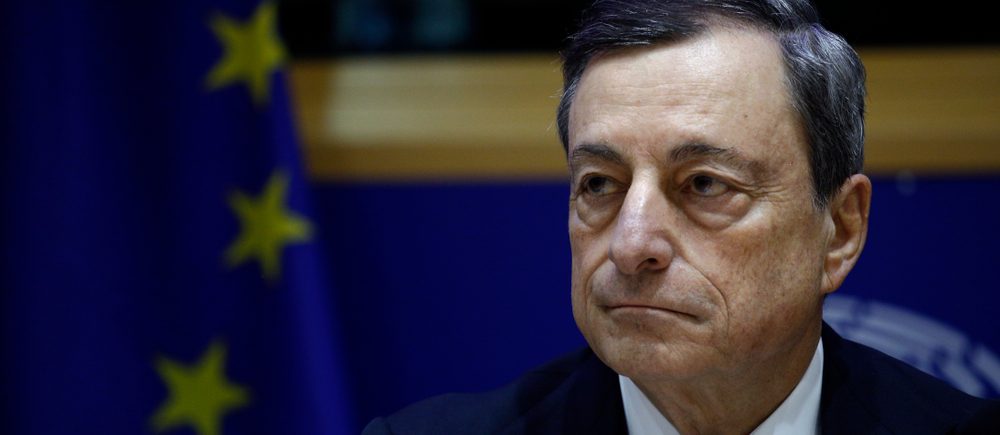The President of Italy, Sergio Mattarella, has asked the former President of the European Central Bank (ECB), Mario Draghi, to form a new technocratic government.
This comes after the previous government, led by Prime Minister Giuseppe Conte lost its majority in the Italian Senate after the centrist party “Italia Viva” decided to withdraw from the coalition, which made Conte lose his majority in the parliament.
Italia Viva, led by former Prime Minister Matteo Renzi, decided to quit the coalition in objection to how the government is handling the Coronavirus pandemic and its impact on the Italian economy.
In a press conference earlier today, Draghi announced his acceptance of the post, saying that he will work on forming a new government.
The upcoming prime minister indicated the crisis that Italy is facing, from the recent political disagreements to combating the Coronavirus pandemic.
The move by the Italian president comes following negotiations with leading political parties, which did not result in an agreement on the new government or who should succeed Conte after his resignation.
Forming a technocratic government is a solution to avoid holing an early election.
The Five Star Movement and the Democratic Party are the biggest two component in the current cabinet. But there are differences in the points of view between the two parties concerning how to manage the current crisis and the recession.
Polls show that the right-wing populist “Lega Nord” party, led by Matteo Salvini, could achieve gains if early elections were to be held amid the current crisis, and potentially form a coalition government with the far-right Brothers of Italy party.
For eight years, Mario Draghi was the President of ECB from 2011 until 2019, and before that, he was the Governor of the Bank of Italy from 2005 to 2011.
 Noor Trends News, Technical Analysis, Educational Tools and Recommendations
Noor Trends News, Technical Analysis, Educational Tools and Recommendations





